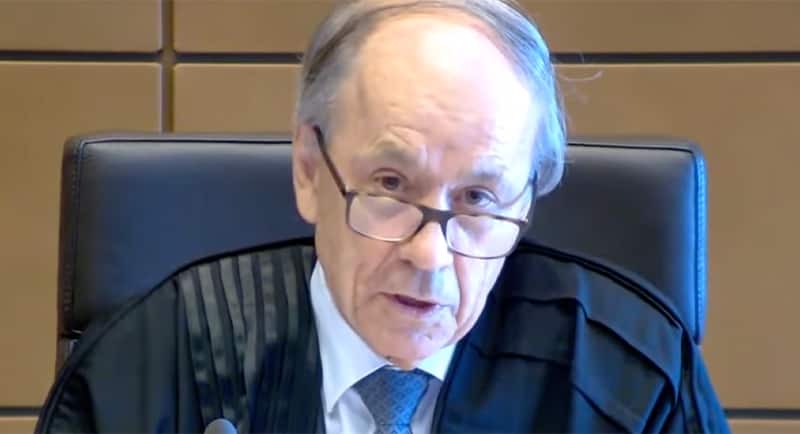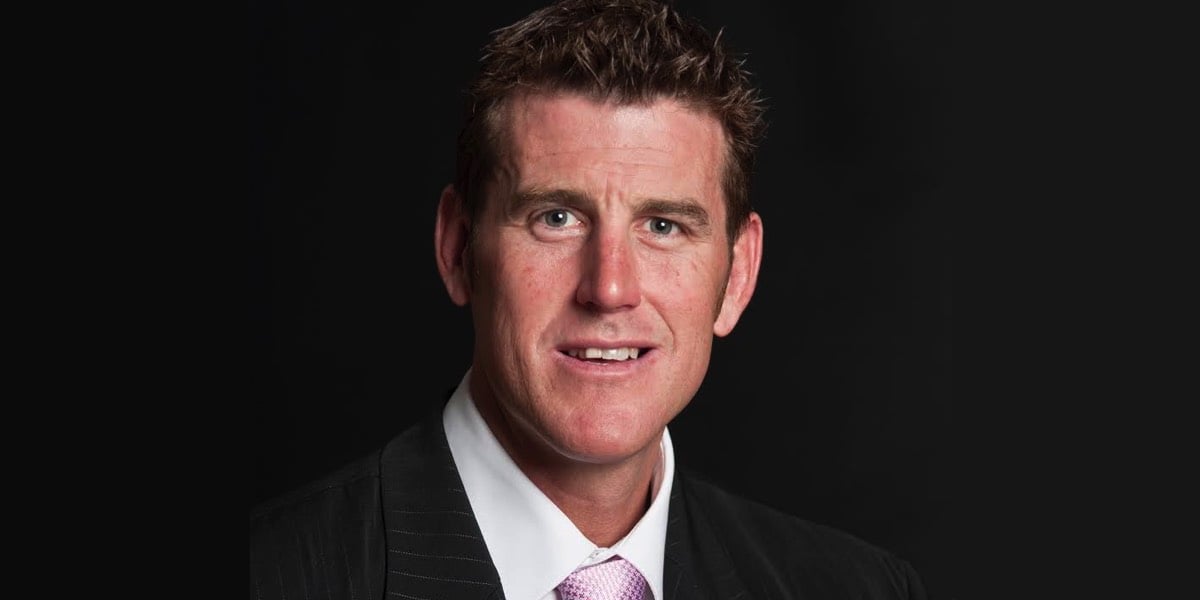Justice Anthony Besanko has delivered his judgment in the Ben Roberts-Smith defamation case, handing down a mixed verdict on Thursday. Ultimately, the verdict is largely a win for the papers, having proven the truth of the most serious allegations against Roberts-Smith.
Roberts-Smith himself was not in the Sydney courtroom at the time, having flown to Bali in the previous days.
Ben Roberts-Smith, a Victoria Cross recipient and former SAS soldier, has been suing the Age, the Sydney Morning Herald, and the Canberra Times in regard to a series of 2018 articles that he says defamed him. As well as the papers themselves, Roberts-Smith has taken action against journalists Nick McKenzie and Chris Masters, and former journalist David Wroe. The articles alleged that he had committed murder and other war crimes during his deployment in Afghanistan.

Justice Anthony Besanko
Handing down his judgement, Justice Besanko outlined the “major conclusions” of the case:
“One, the applicant’s conduct and actions on the mission to W108 has found means that the respondents have established the substantial truth of imputations two, three, four, five, six, and nine.
“Two, the applicant’s conduct and actions to the mission to Darwan has found means that the respondents have established the substantial truth of imputations one, two and three.
“Three, the applicant’s conduct and actions on the mission to Genoa to is found means that the respondents have established the substantial truth of imputations of two and three.
“Four, the respondents have not established the particulars of truth with response to the response to such out on October 2022.
“Five, the respondent had not doubled the particulars of truth with respect to the mission to Faisal on 5 November, 2012.
“Six, with respect to the alleged bullying of Person One, respondents have established the substantial truth of imputation 12.
“Seven, with respect to the alleged unlawful assault on Bucks, and is related to invitations 10, 11, and 14, the respondents have established the substantial truth of those imputations.
“Eight, with respect to the alleged act of domestic violence and imitation seven and eight, I am not satisfied that Person 17’s evidence is sufficiently reliable to form a basis of a finding that the assault occurred, and that imputation seven and eight are substantially true. However, I consider that the respondents have played out the defence of contextual truth.
“Nine, with respect to the alleged threat to Trooper J and imputation 13, I’m not satisfied that the evidence is sufficiently clear to support a threat of the type advanced by the respondents, and that they have shown the imputation to be substantially true. However, I am satisfied that the respondents have laid out a defence of contextual truth with respect to that imputation.
“In light of my conclusions, each proceeding must be dismissed.”
Justice Besanko has listed the matter of considering costs for June 29.
The year-long trial has been the first time that any court has been asked to assess allegations of war crimes by Australian forces. It involved more than 100 days of evidence, 42 witnesses called in from around the globe, and hundreds of exhibits shown to the court.
James Chessell, Nine’s managing director, publishing, and Tory Maguire, executive editor, The Sydney Morning Herald and The Age said in a statement:
We welcome the Federal Court’s judgement that investigations by The Age and The Sydney Morning Herald were correct in their reporting that Ben Roberts-Smith committed war crimes.
The finding by Justice Anthony Besanko today that Roberts-Smith participated in the execution of Afghans confirms our reports that the Victoria Cross recipient breached the Geneva Convention, and is a critical step towards justice for the families of the murder victims.
The judgement is a vindication for journalists Nick McKenzie and Chris Masters, who began reporting this difficult and complicated story more than seven years ago.
It is a vindication for the many people in our newsrooms and our organisation who supported this important public interest journalism.
And, most importantly, it’s a vindication for the brave soldiers of the Australian Defence Force’s SAS who served their country with distinction and then had the courage to speak the truth about what happened in Afghanistan.
Nick McKenzie and Chris Masters painstakingly pieced together these investigations, and today’s judgement exemplifies how the exhaustive public interest journalism of The Age and The Sydney Morning Herald serves our community.
The series of stories at the centre of this trial will have a lasting impact on the Australian Defence Force and how our soldiers conduct themselves during conflict.
Today is obviously a pivotal moment in this story and we are very pleased with the result – but it’s critical to acknowledge that it goes on beyond this judgement. We will continue to hold people involved in war crimes to account.
The responsibility for these atrocities does not stop with Ben Roberts-Smith.
Publishing a story of this magnitude is never easy, but high quality investigative journalism is vital to a thriving democracy.
Nine’s unequivocal backing of this reporting and our defence of it is a clear demonstration of its commitment to quality journalism.
